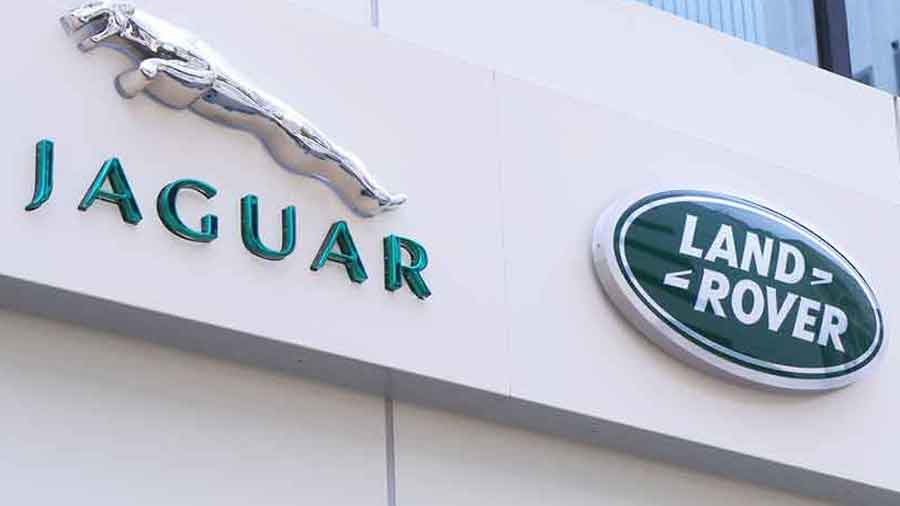Tata Motors-owned Jaguar Land Rover expects the semiconductor shortage situation to gradually start recovering in the remaining part of the current financial year.
The British multinational automotive company will continue to take steps to contain the impact of the shortage on its operations across the globe.
“Looking ahead, the supply shortage of semiconductors remains dynamic and difficult to forecast. However, JLR expects to see a gradual recovery starting in the second half of fiscal 2022,” the automaker said in its interim report for the three and six-month period ended September 2021.
While the supply of semiconductors remains constrained, the company will continue to take mitigating actions, including prioritising the production of higher-margin vehicles and closely managing costs , it added.
“Furthermore, Jaguar Land Rover is taking measures to increase the future visibility and control over semiconductor supply for its vehicles, working closely with semiconductor and tier 1 suppliers,” the Whitley, Coventry-headquartered firm noted.
JLR noted that the global economic recovery from Covid-19 continues but outbreaks in a number of regions, more recently in Southeast Asia, have impacted the supply base.
Besides, financial markets continue to trend upwards but the rebound in the economic activity continues to drive inflationary pressures impacting a number of sectors including commodities, power, freight and wages, it added.
The automaker noted that the passenger car industry volumes continue to be constrained in most markets as a result of the continuing supply shortage of semiconductors, exacerbated by recent Covid-19 outbreaks in certain regions.
It, however, added that strong demand continues for its products with record orders in excess of 1,25,000 units, which should support a strong recovery for when production and supply of vehicles recovers.
In terms of new products, the sales of the new Range Rover, which was revealed in October, are expected to start in the fourth quarter of FY22, JLR said.
The automaker expects the EBIT (earnings before interest and tax) margin and free cash flow (before restructuring costs) to turn positive in the second half of the financial year 2022, it added.
In Q2 FY22, the company’s total retail sales (including the China JV) stood at 92,710 units, down 18.4 per cent year-on-year, reflecting the semiconductor shortage and impact on retailer inventories.
Retail sales were lower year-on-year in most regions, including North America (15.6 per cent), China (6.3 per cent), Europe (17 per cent), and the UK (47.6 per cent).
The automaker noted that retail sales of all models were lower year-on-year with the exception of the new Land Rover Defender, which retailed 16,725 vehicles, up 70.4 per cent year-on-year, making it its best-selling model in the quarter.
In the second quarter, the company’s revenue stood at £3.9 billion, down 11.1 per cent, primarily reflecting the lower sales.










